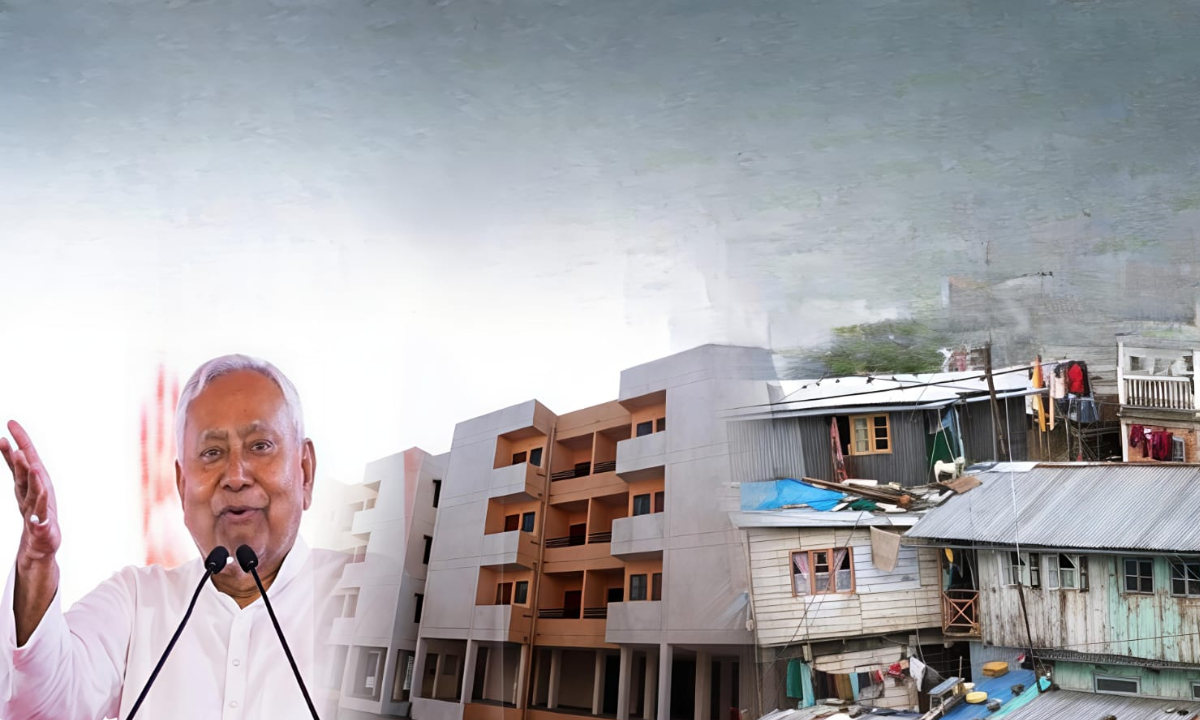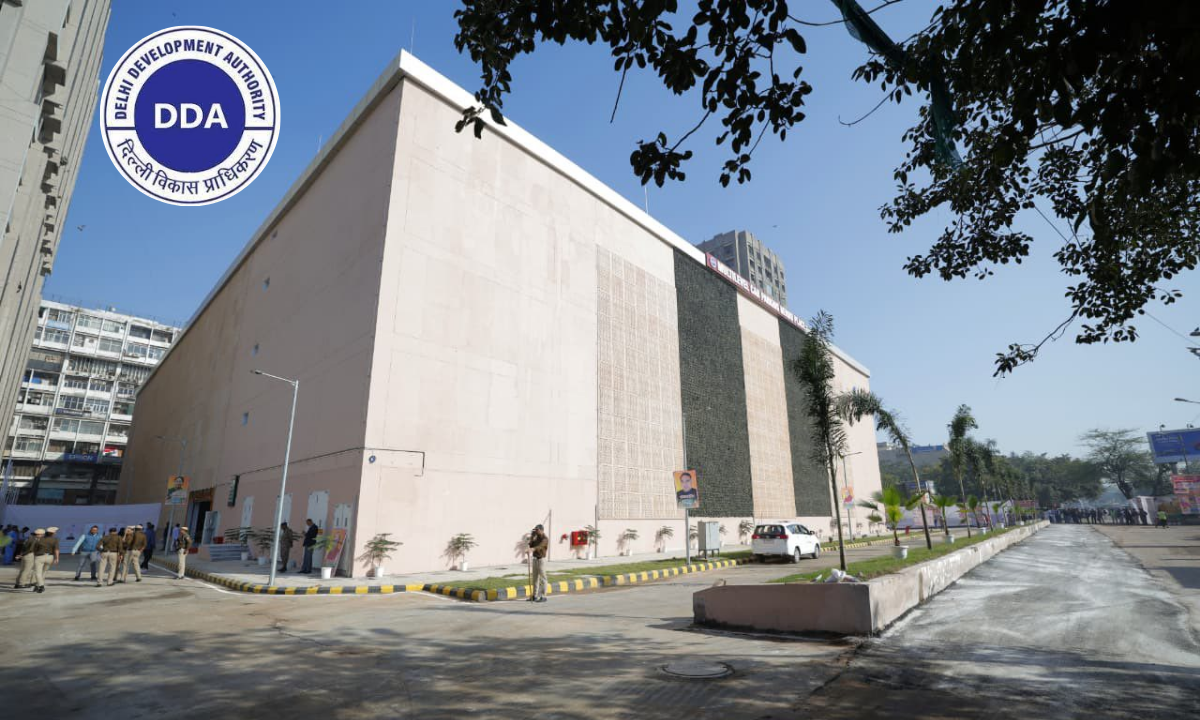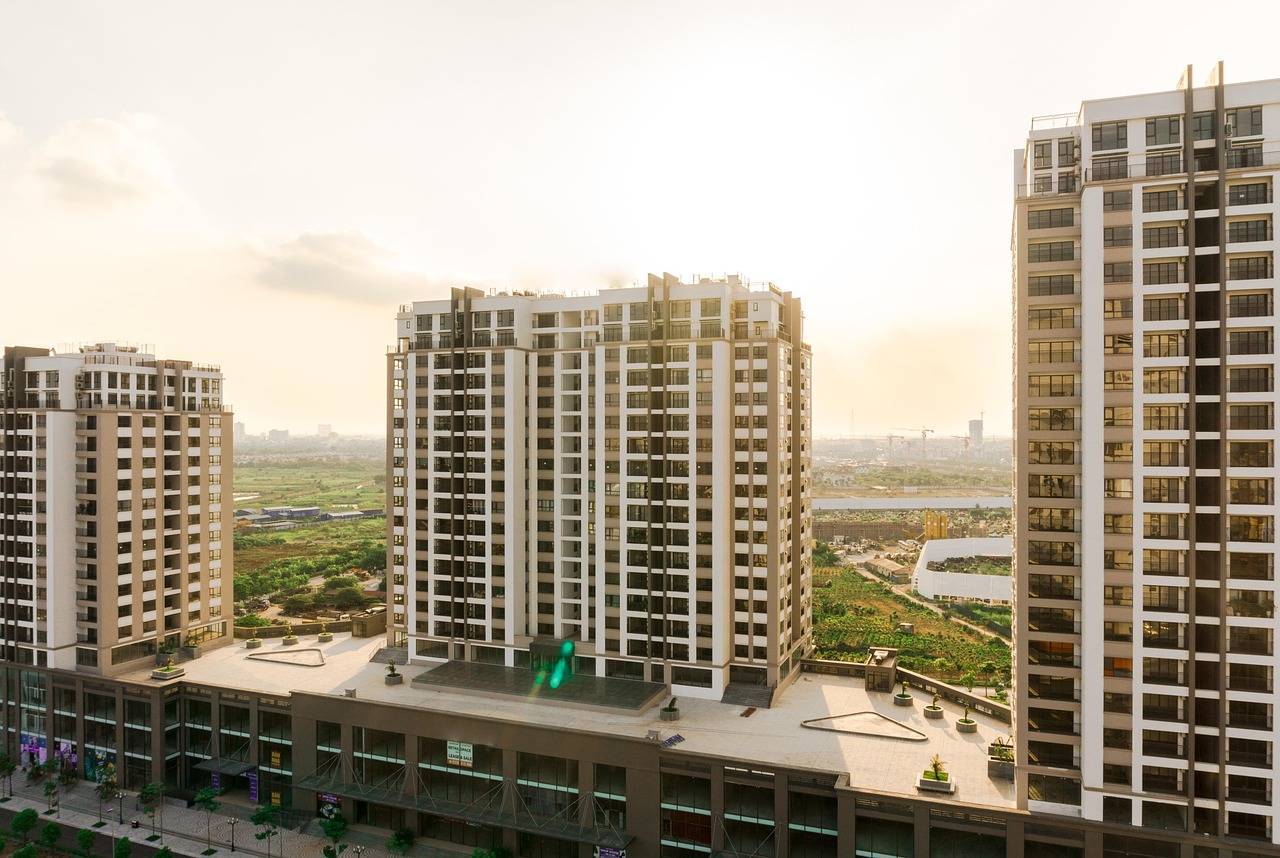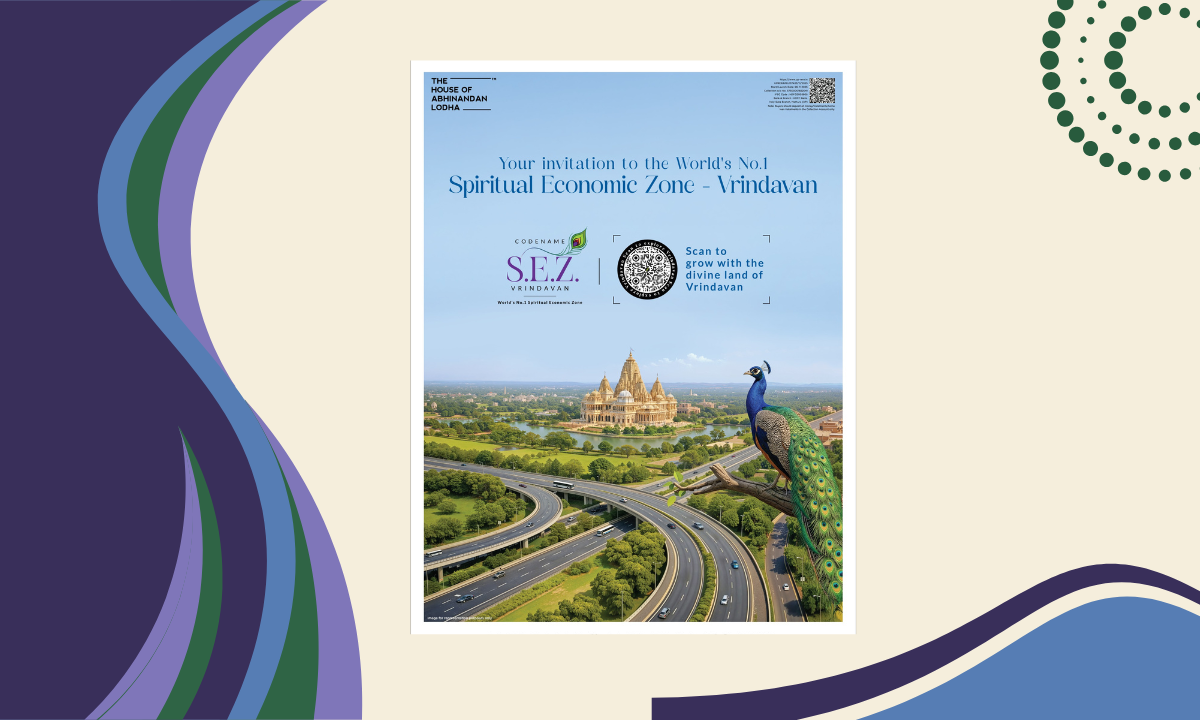The Uttar Pradesh government’s co-developer policy is beginning to show tangible results, with Noida-based Nimbus Projects Ltd committing to invest over ₹1,000 crore to complete the long-delayed Sunworld Arista housing project in Sector 168. The move is expected to provide long-awaited relief to more than 400 homebuyers who have faced years of uncertainty.
The 10-acre project, launched in 2010-11 by Sunworld Residency Pvt Ltd, was initially scheduled for delivery in 2014. However, the development stalled after the original promoter failed to clear dues to banks and the Noida Authority. While occupancy certificates were issued to some buyers in 2019, pending land cost payments prevented them from registering their flats.
Nimbus was formally appointed as co-developer in September 2024 under the state’s stalled projects relief scheme, following Sunworld’s decision to opt into the policy framework. The company has already deposited ₹80 crore toward outstanding dues and has pledged to clear the full ₹170 crore owed by the original developer to the Noida Authority.
According to Nimbus director Bipin Agarwal, the first phase of the revival plan will focus on clearing land costs, repaying bank loans, and completing pending infrastructure. The company has set a three-year target to deliver the remaining apartments and enable registry for the 400 existing buyers. Alongside, Nimbus has launched Phase 2 of the project, comprising 342 new ultra-luxury units priced between ₹4 crore and ₹8 crore, at rates of ₹16,000–₹18,000 per sq ft.
Policy Framework for Stalled Projects
The UP government’s co-developer policy aims to unlock stalled residential developments by allowing financially stable and credible builders to partner with original developers to complete projects. Once a co-developer clears 25% of the pending land dues — for example, ₹37.5 crore on a total ₹150 crore liability — the project is regularised. This enables the Real Estate Regulatory Authority (RERA) to recognise the co-developer as a promoter through a tripartite agreement.
With this status, the co-developer can revalidate building plans, seek extensions, and secure financing. The remaining dues can be paid in instalments, allowing work to resume without waiting for full debt clearance.
Real estate analysts note that the policy not only addresses financial bottlenecks but also appeals to developers due to the potential for monetising unutilised Floor Space Index (FSI) in stalled projects. This “virgin FSI” can be used for additional construction, making certain projects commercially viable for takeover.
Expert Views
Legal experts point out that the Noida model is more market-driven compared to court-directed interventions like the Supreme Court’s Amrapali–NBCC framework, where a public-sector entity acted as custodian. Here, the incentive for private developers comes from the opportunity to gain control over valuable projects while fulfilling buyer commitments.
Venket Rao of IntygratLaw highlighted that the policy reflects recommendations made by the Amitabh Kant committee, which called for faster, commercially viable solutions for stalled projects. “Compared to slow and uncertain outcomes through NCLT, the co-developer approach can deliver results in months rather than years,” he said.
Industry professionals also believe that effective implementation could significantly improve market sentiment in Noida and Greater Noida. Ravi Nirwal, Sales Director and Principal Partner at Square Yards, noted that the policy balances the interests of authorities, developers, and buyers — recovering dues, providing developers with viable assets, and giving buyers a clear path to possession.
Wider Adoption in Noida
The Sunworld Arista case is not an isolated example. The Noida Authority board recently approved a co-developer proposal for Supertech Limited’s stalled housing projects, with realty firm Apex stepping forward to infuse funds. These projects, spread across Noida, Greater Noida, and Yamuna City, are currently under consideration by the Supreme Court, which is expected to hear the matter on August 13, 2025.
Authorities hope that more stalled projects will be revived under this framework, transforming incomplete structures into functioning residential communities. For thousands of buyers, the policy could mean the difference between years of uncertainty and a foreseeable move-in date.
As work resumes at Sunworld Arista, the development will be closely watched as a test case for the policy’s effectiveness. If successful, it may pave the way for greater private-sector participation in resolving one of NCR’s most persistent real estate challenges.









.png)